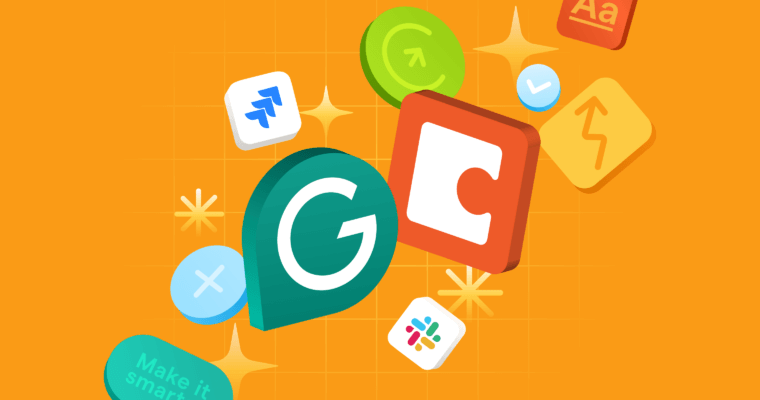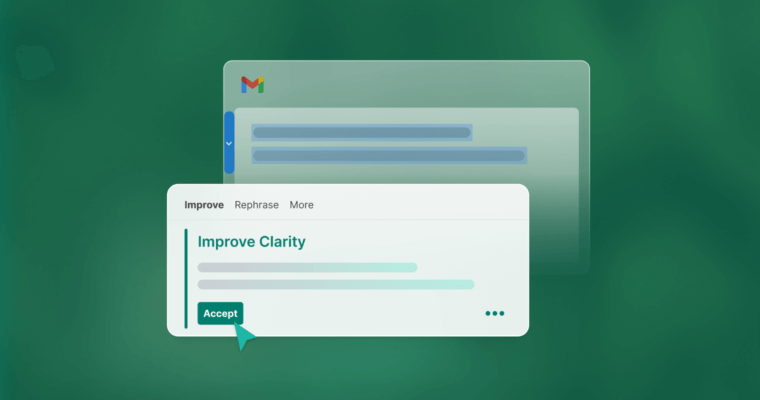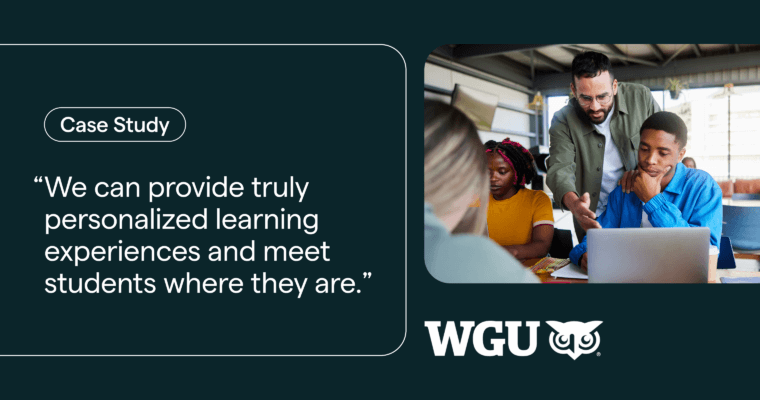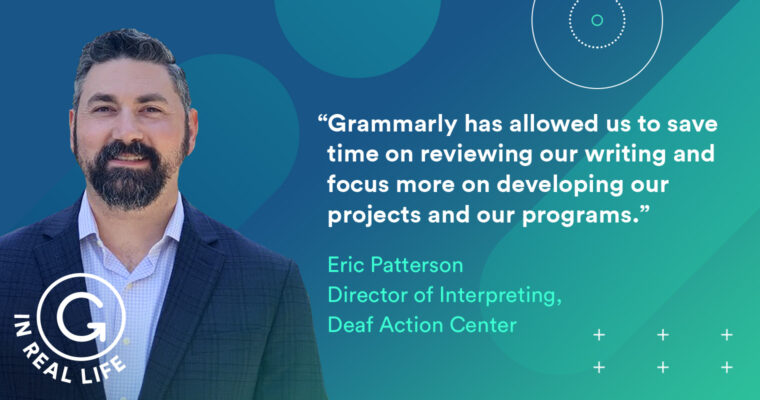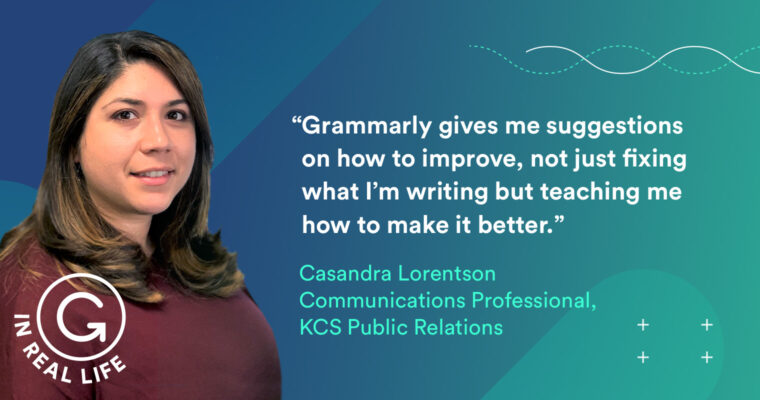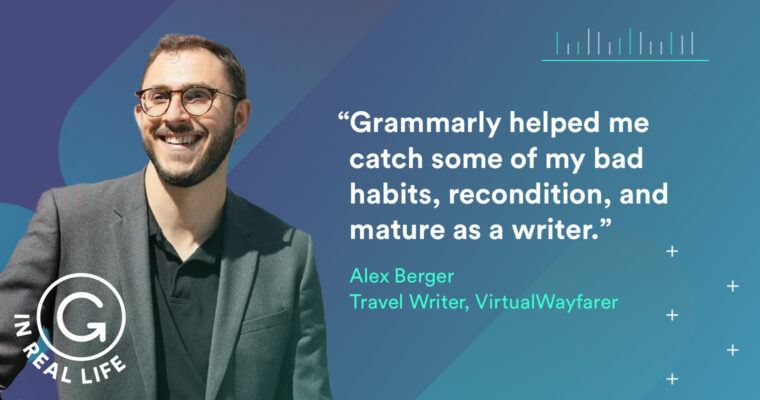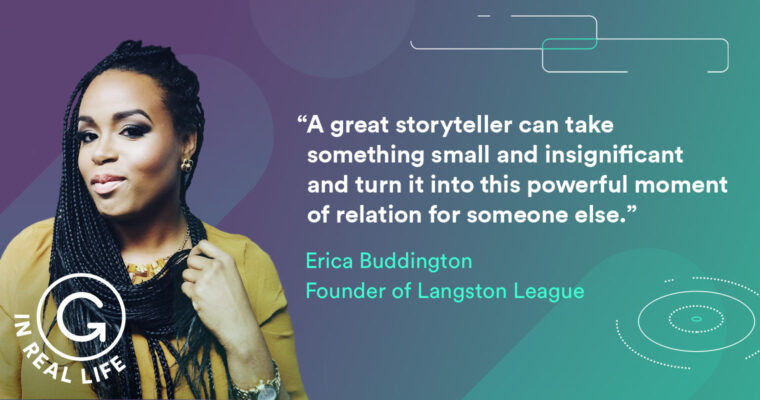
If you love to write, you probably had someone in your life who encouraged that love in you, be it a teacher, a relative, or a friend. Not everyone has that someone—and for kids who don’t, there’s Erica Buddington.
A career poet, Erica Buddington has been performing since she was a teenager. She appeared often on HBO’s Def Poetry from the ages of 16 to 20, and did competitive poetry slams around the country to put herself through college.
Now, as a high school teacher herself and the founder and Chief Curriculum Officer of The Langston League—a social impact company that helps schools develop inclusive curricula and professional development programs—she focuses on helping students find their love of writing.
How Erica found her own voice
Growing up in Brooklyn, Erica joined Urban Word NYC, a non-profit for teens that offers poetry slams, debates, newspapers, and more ways for teens to express themselves.
“My parents would see me uninterested in school, but so engaged in poetry and performing. I really got to learn the mechanics and fundamentals of writing.”
Over time, she became a confident poet and performer. “I went from this girl that would never read their poetry in front of their friends to performing in front of everyone.”
She also learned how to tell stories so that people would understand them and see themselves in them. “A great storyteller can take something small and insignificant and turn it into this powerful moment of relation for someone else,” she says.
Now, through all the poetry she’s written, hours performed, and work she’s done for other kids, she’s ready to tell others they can do the same.
“You can own a business, be a dean by day, write four books on Amazon and sell out overnight, be an HBO Def Poet, teach at juvenile detention centers, travel the world, and perform. That’s the story I’m most excited to tell because that’s the story I needed to hear at that age.”
Finding inspiration in class
Think about the kinds of books you read in school and the books (if any) you loved reading on your own time. Chances are, you’d end up with two completely different lists, especially if you didn’t look or act like the writers of the books you read in school.
“Kids want to read about people who look like them. And that’s where we come in,” says Buddington. “We try to revitalize their curriculum, bring in awesome engagement strategies, and content where kids say ‘oh! I see myself here.’”
Erica aims to help kids not just read what they’re assigned, but to enjoy it.
“If you assign supplemental reading, normally the majority of students won’t engage with it. However, with our program, 90% of kids are going beyond that and reading ahead in their curriculum because they are developing a stronger love for reading.”
That’s not the only way she helps kids learn to love English. She uses her skills as a poet and rapper to engage kids in concepts, not just books.
“For example, to get kids to grasp homophones or remember where to put a semicolon or period, I would make up songs,” she says.
“There was a song we made up to teach kids the difference between they’re, their, and there. And I remember a friend of mine coming down to see me when I was working, and she told me ‘Quick! Come upstairs!’ The door was slightly cracked to the classroom and all the kids were singing the song. That’s when I knew it worked!”
All of this translates to writing, too.
“When we read authors we love, words jump out at us in a way that we can take them and make them our own,” says Buddington. “Now that they’re connecting more with the content they are writing about, the kids are finding more unique ways to express themselves.”
And she has the data to prove it. Despite deviating from traditional teaching pedagogy, she’s come to classrooms that are 20% proficient in reading and writing and left a classroom that’s 90% proficient.
How Erica uses Grammarly
Erica has been juggling several projects at a time for years. She found herself writing a lot, and like any good writer, she needed an editor.
“I’ve been using Grammarly since 2012,” says Buddington. “At the time, I was substitute teaching and I went to my dad letting him know I found this tool I wanted to buy, but I was broke. So I started listing all the things that I’m doing that I could use Grammarly for.”
Buddington’s father agreed to put the membership on his credit card, after telling her to promise she’d use it. She’s used it ever since, and she brought it with her to the Langston League.
Buddington’s team at the Langston League is always writing, whether it’s lesson plans, poetry, or curriculum. Because most of them have a day job in addition to their work at the Langston League, a tool like Grammarly is essential.
“Grammarly is installed on all of our computers and it ensures that all our content stays at a consistent quality,” says Buddington. “Grammarly makes us look tight as an organization—making sure our thoughts are well written.”
She uses it now for everything, but she remembers the first time she could get it on Microsoft Word.
“I remember thinking, Grammarly is everything now.”
Catch up on Grammarly’s “In Real Life” series:
How Jeanette Stock Empowers the LGBTQIA+ Tech Community
How Matt Halfhill Made Kicks Nice to Write About
How Zain Ismail’s Writing Helps Him Make a Difference
How Ann Handley Helps Everybody Write
How Nicholas Barrett Uses Grammarly to Share His Perspective
How Melody Wright Turned Her Debt Into Opportunity
How John Pollock Talks Straight About Professional Wrestling
![]()

